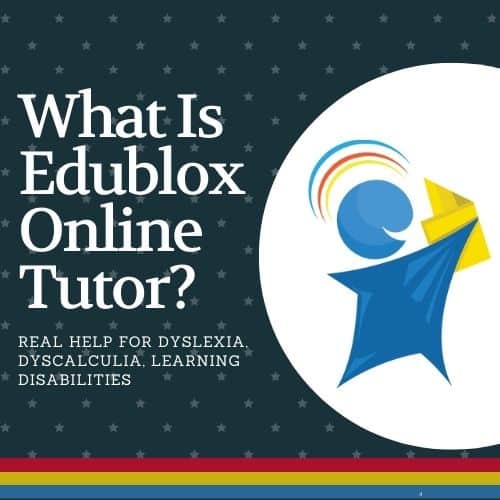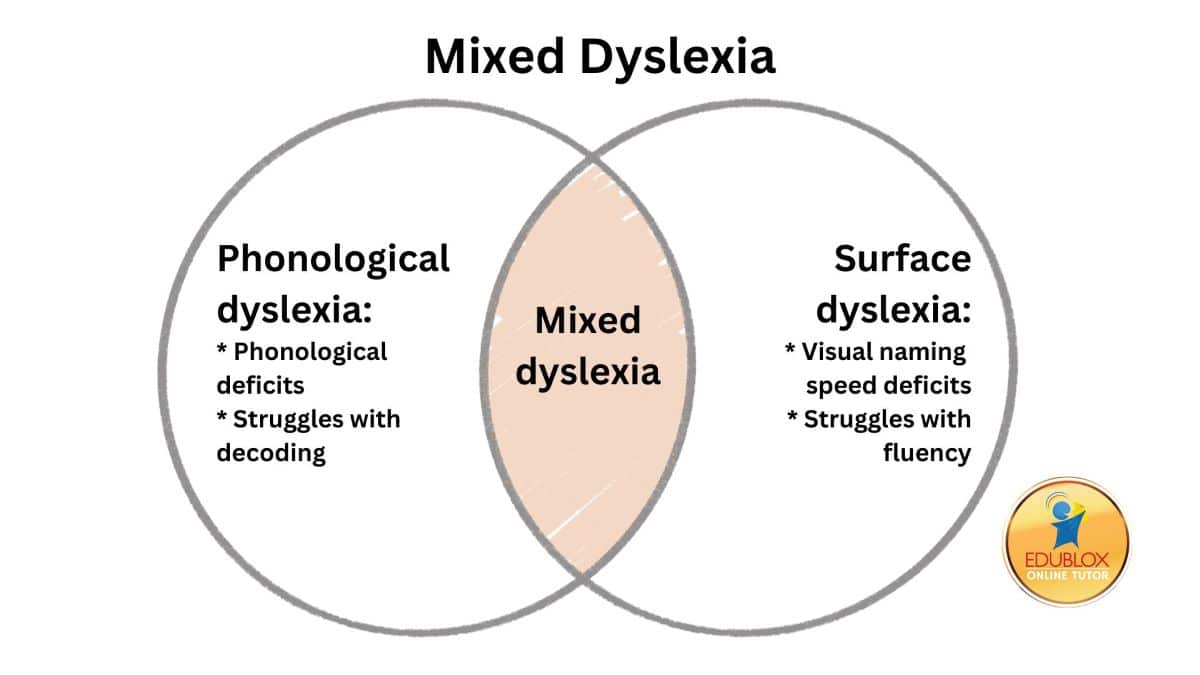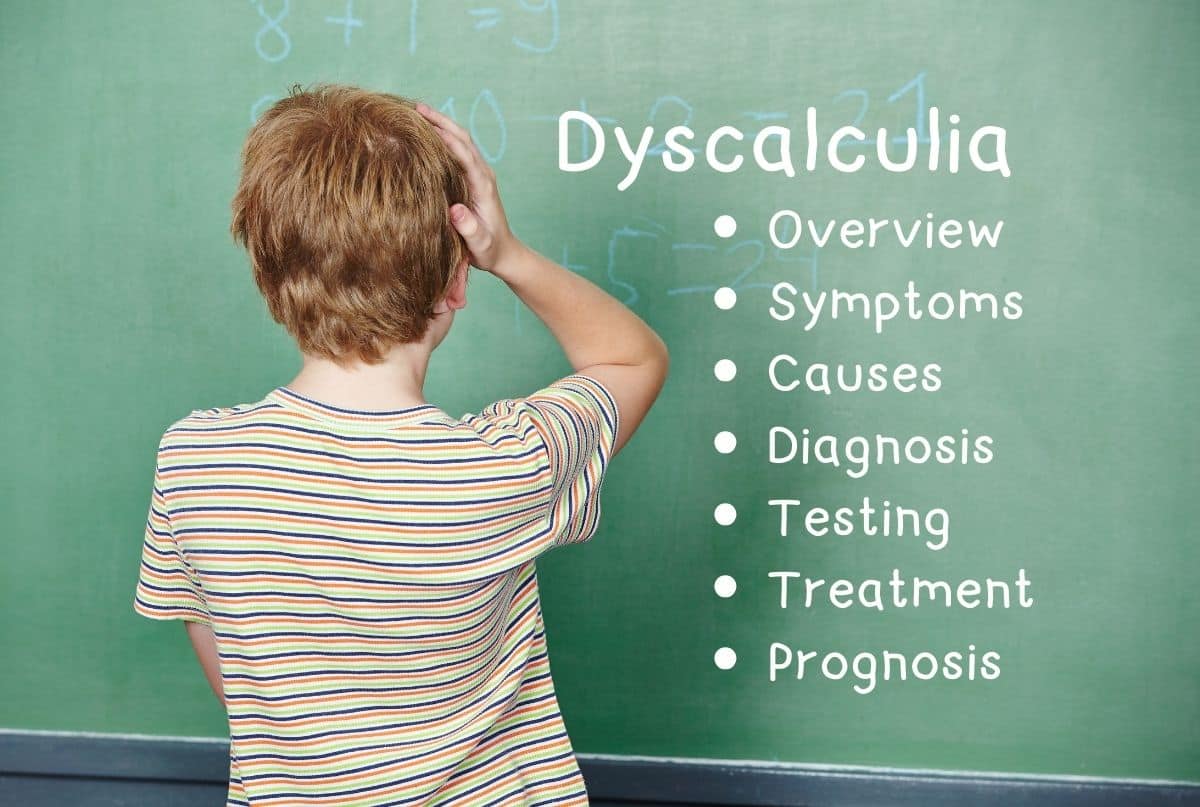Case study: Improving auditory memory improves reading
Spamandla’s worried mother contacted Edublox because her son’s teacher had predicted that he would fail Grade 1.
.
.
First assessment, July 2012:Spamandla was assessed on the Essi Reading Test, on a Grade 1, third term level. This reading test aims at determining the sight word vocabulary of a learner. Norms for the tests, available for each term, have been calculated in the form of stanines and percentile ranks.
Of children doing the test,
4% score a stanine of 1 (VERY POOR)
19% score a stanine of 2 or 3 (POOR)
54% score a stanine of 4, 5 or 6 (AVERAGE)
19% score a stanine of 7 or 8 (GOOD)
4% score a stanine of 9 (VERY GOOD)Spamandla scored 3/15 for the test, which equals a stanine of 2 (POOR).
He was also assessed on the Essi Spelling Test, on a Grade 1, third term level. He scored 6/15, which equals a stanine of 4 (LOW AVERAGE).
Below is Spamandla’s attempt at writing the words jump, flag, shop, dish, egg and king:
Our assessment determined that Spamandla was struggling as a result of weak cognitive skills. His form perception was very weak. The child with poor form perception is at a distinct disadvantage when confronted with school-related activities. There is hardly an academic activity that does not require the child to engage in form perception.
The most obvious classroom activity requiring the child to discriminate forms is that of reading. The learning of the letters of the alphabet, syllables, and words will undoubtedly be impeded if there is difficulty in perceiving the form of the letters, syllables, and words. The child having a problem in this area is unable to distinguish between similar letters such as m and n, or words such as hose, house and horse.
Spamandla’s auditory memory was also very weak. A poor auditory short-term memory is often the cause for a child’s inability to learn to read using the phonics method. Phonics is an auditory learning system, and it is imperative to have a sufficient auditory short-term memory in order to learn, utilize and understand reading using the phonics method.
According to neurodevelopmentalist Cindi Ringoen, in order to begin to utilize phonics beyond memorizing a few individual sounds, a child must have an auditory memory span close to six. Spamandla’s auditory memory span was only one.
Spamandla scored
31% on the Form Perception Assessment
50% on the Visual Memory Assessment
28% on the Auditory Memory Assessment
28% on the Eye Span Assessment
0% on the Logical Thinking AssessmentSCALE: 90%-100% — Very good/Development will further increase the skill level. 80%-89% — Good/Development will further increase the skill level. 70%-79% — Average/Development is necessary. 0%-69% — Below average/Development is essential.Spamandla joined Edublox shortly after the assessment, first attending two lessons per week, and much later one lesson per week. Cognitive skills, including auditory memory span, were targeted.
Spamandla passed Grade 1, as well as Grade 2!
Re-assessment, June 2014:
Spamandla, now a Grade 3 learner, was re-assessed on the Essi Reading and Spelling Test.
Assessed on a Grade 3, second term level, he scored 14/20 for the reading test, which equals a stanine of 6 (HIGH AVERAGE).
Assessed on a Grade 3, second term level, he scored 15/20 for the spelling test, which equals a stanine of 7 (GOOD). As seen below, there is a marked difference in his spelling and writing:
Spamandla has overcome his learning difficulties but will nevertheless continue to attend Edublox classes until the end of 2014.
One must make sure that a learner’s problems have been solved completely before discontinuing Edublox. If one discontinues the program before the foundational skills of reading, spelling and writing have been thoroughly automatized, there is the danger of a relapse. On the other hand, once the foundational skills have been automatized and the learner is clearly no longer behind in his reading, spelling and writing, the problem will not return if the program is discontinued.
Case study Edublox Online Tutor October 9, 2016










